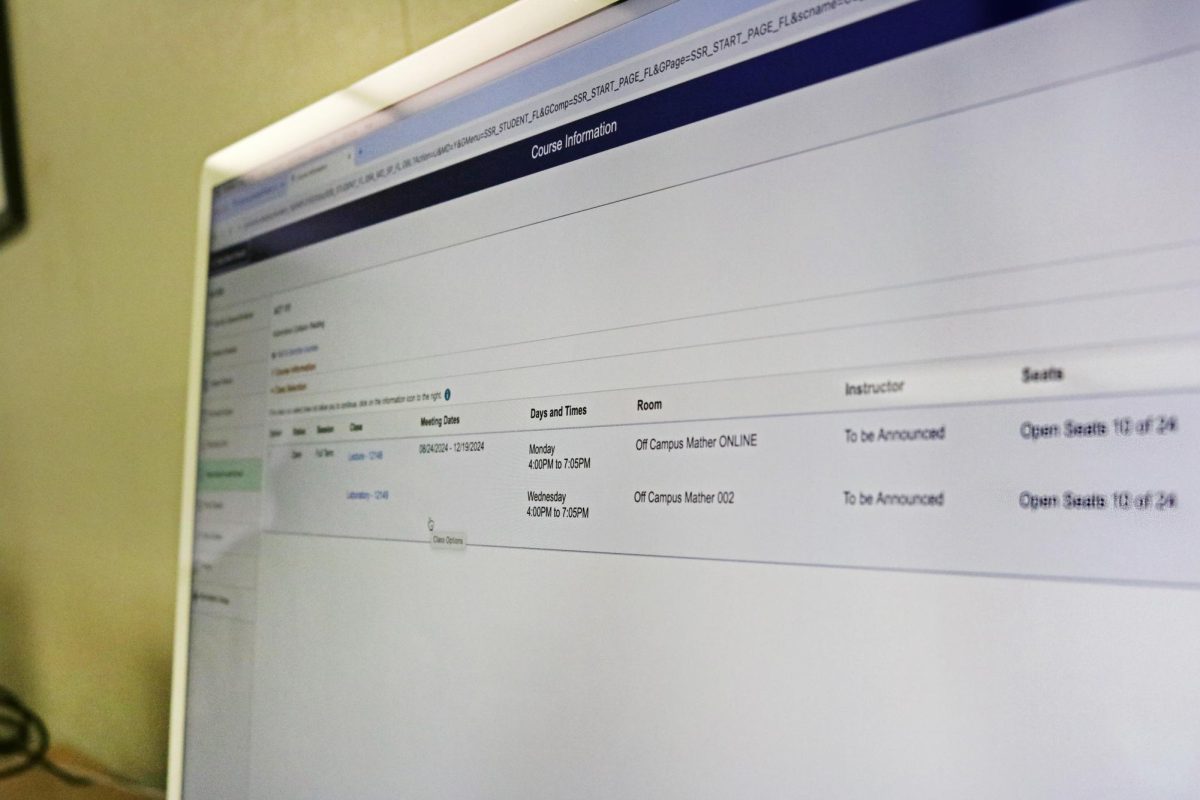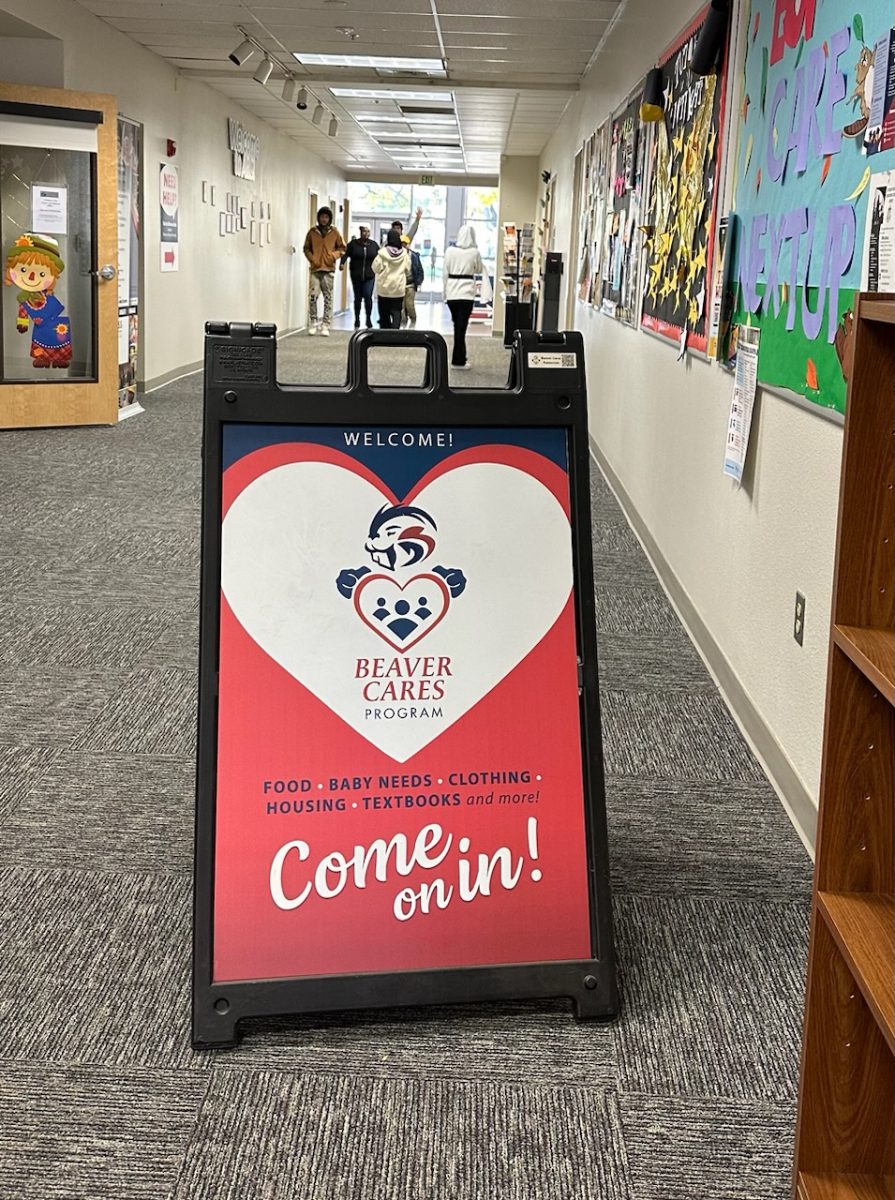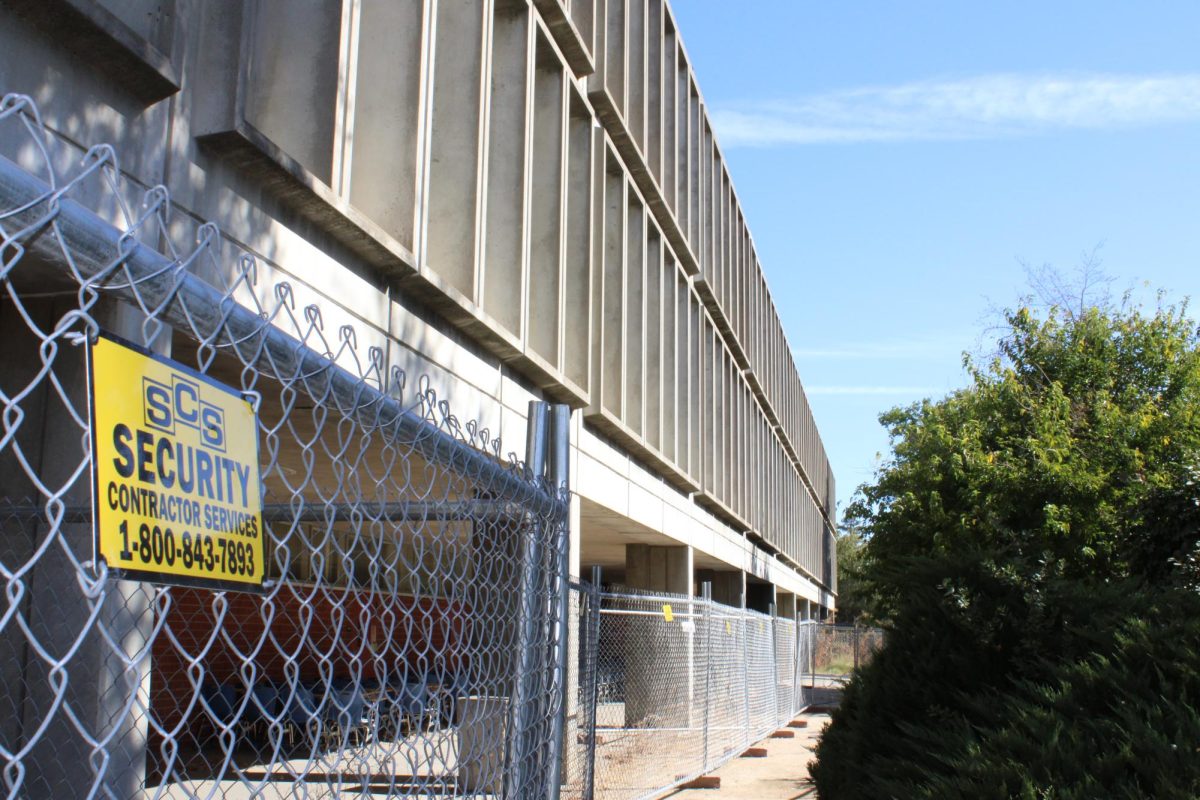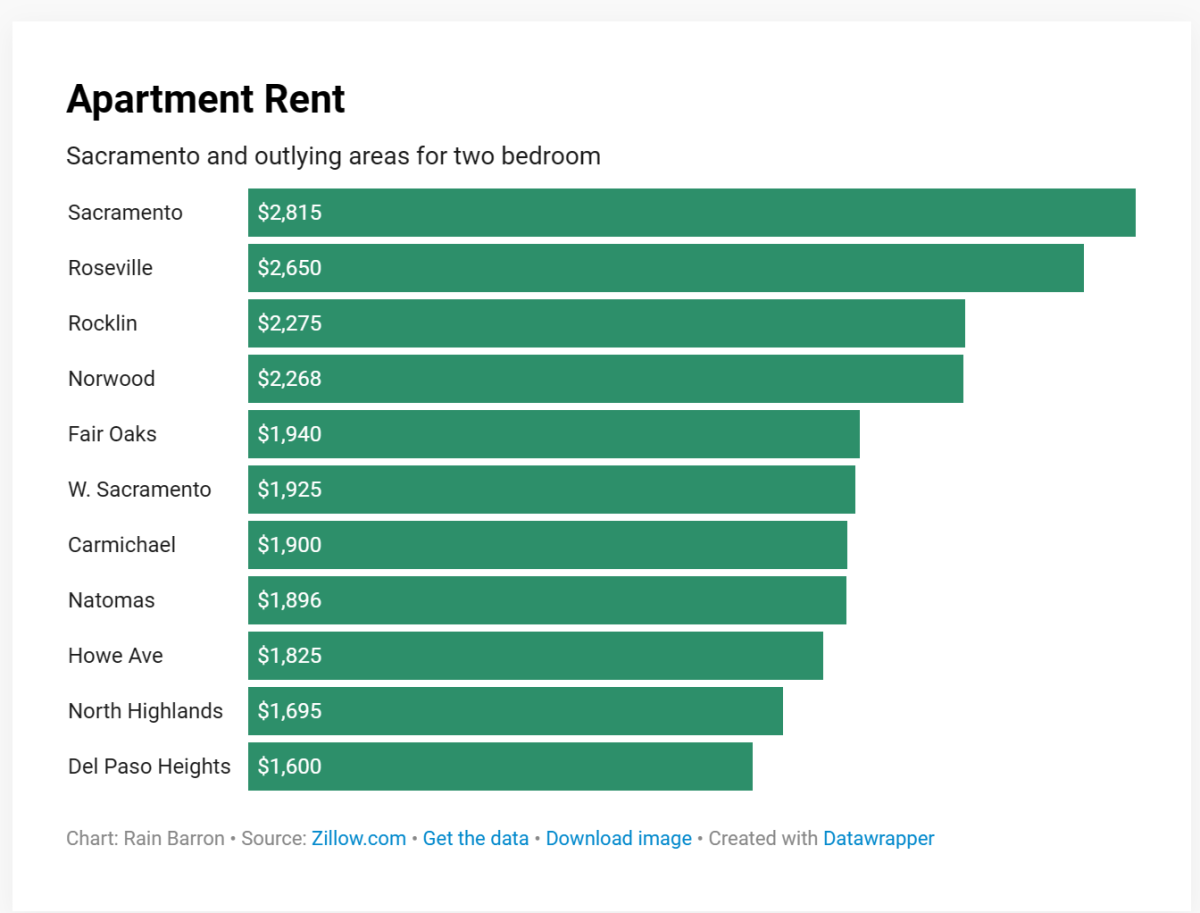Following the arrest of a petitioner accused of slapping theater major Peter Messick on March 4, American River College students have begun to question the advisability of allowing the campus to operate, as Dean of Student Services Manuel Perez put it, “like a public park.”
Since the beginning of the semester, some students have noticed an increase in the aggression of petitioners and sales people in their attempts to persuade students.
In a series of recent online polls conducted by the Current, 85 percent of respondents stated that they believed campus petitioners are too aggressive.
On the Current’s facebook page, ARC student JoAnne Lewis-Young said, “I don’t like being harassed … I would want them kicked off campus. I think a lot of people feel this way.”
Legally, the administration at ARC cannot restrict petitioners from coming onto campus.
The American River College campus is a public space, and political or religious groups, solicitors and others are allowed to peaceably assemble, as guaranteed by the First Amendment. Such persons are not, however, permitted inside buildings, and may not disrupt the learning environment, according to Perez.
While the situation may seem out of the control of students, they can use what power they hold–their ability to say no–to influence change.
According to campus petitioner Donte Sloan, petitioners are compensated for their work at a rate of $1 per signature collected. If students refuse to sign petitions, such groups would begin to look elsewhere.
Ignoring the attempts of petitioners and others, particularly the aggressive individuals among them, could help to decrease the appeal of ARC as a place to disseminate materials.
Petitioners, and all other campus visitors, need to respect that this is an institution of higher learning, and as such, a certain amount of decorum is expected. Students should never be harassed on their way to classes, regardless of whether or not they might be interested in supporting various causes.
Perez wants students to be aware that concerns with safety are taken seriously, and will be met with action if valid.
“If there’s ever any suspicion or allegation that this person could be a violent person, or has anything that’s potentially breaking our campus policies or visitors standard of conduct, police should be notified right away,” Perez said.
Protecting the learning environment is essential to student success. If students continue to be harassed, or in the case of Peter Messick, attacked, it jeopardizes productivity, as students who feel threatened on campus are not likely motivated to continue pursuing their educational goals here.













